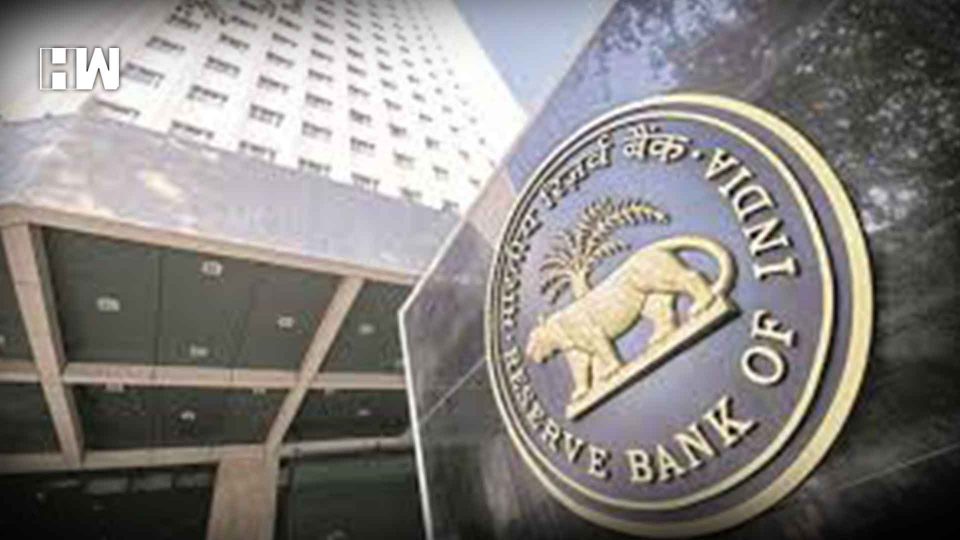Mumbai | The Reserve Bank of India on Thursday lowered the economic growth forecast for the current fiscal to 7 per cent due to slowdown in domestic activities and escalation in a global trade war.
In the April monetary policy, the growth of Gross Domestic Product (GDP) for 2019-20 was projected at 7.2 per cent – in the range of 6.8-7.1 per cent for the first half of the fiscal and 7.3-7.4 per cent for the second part – with risks evenly balanced.
Data for January-March quarter:2018-19 indicate that domestic investment activity has weakened and overall demand has been weighed down partly by slowing exports, the RBI said after the meeting of the Monetary Policy Committee (MPC), which decides on key policy rates.
Weak global demand due to an escalation in trade wars may further impact India’s exports and investment activity, it added.
Further, private consumption, especially in rural areas, has weakened in recent months.
However, on the positive side, political stability, high capacity utilisation, the uptick in business expectations in the second quarter, buoyant stock market conditions and higher financial flows to the commercial sector augur well for investment activity, the RBI added.
Taking into consideration these factors and the impact of recent policy rate cuts, “GDP growth for 2019-20 is revised downwards from 7.2 per cent in the April policy to 7.0 per cent – in the range of 6.4-6.7 per cent for H1:2019-20 and 7.2-7.5 per cent for H2 – with risks evenly balanced”, said the central bank.
India’s exports were unable to sustain the growth of 11.8 per cent observed in March 2019 and grew by 0.6 per cent in April 2019 dragged down by engineering goods, gems and jewellery, and leather products.
Tariff wars between the US and China has impacted global trade and financial markets.
As per the Central Statistics Office (CSO), India’s GDP slowed to a five-year low of 5.8 per cent in January-March quarter of 2018-19. The annual growth during the last fiscal at 6.8 per cent too was at a five year low.
As an independent media platform, we do not take advertisements from governments and corporate houses. It is you, our readers, who have supported us on our journey to do honest and unbiased journalism. Please contribute, so that we can continue to do the same in future.

